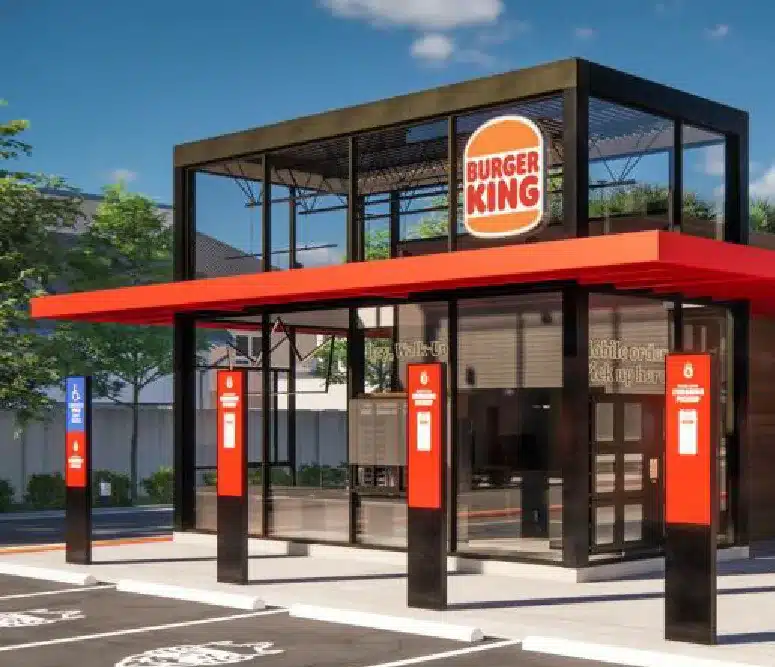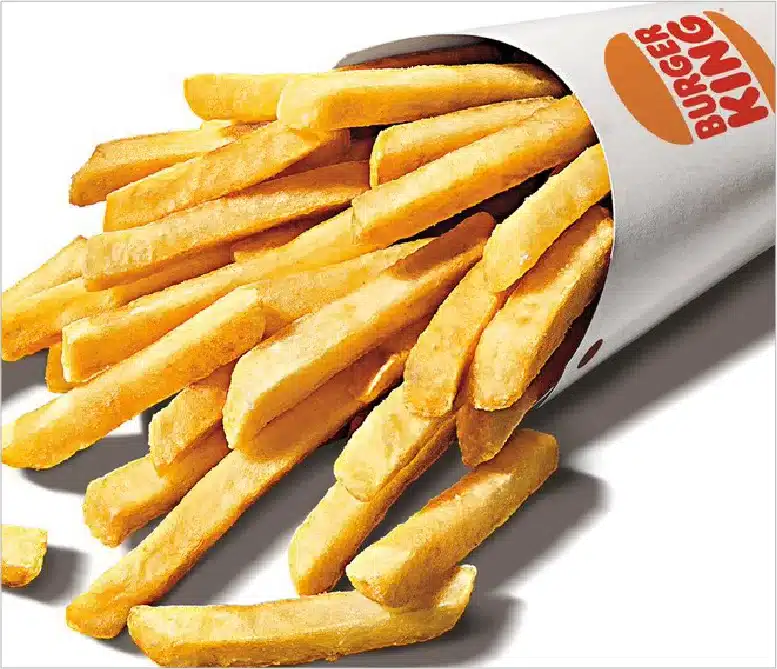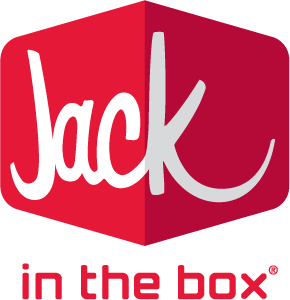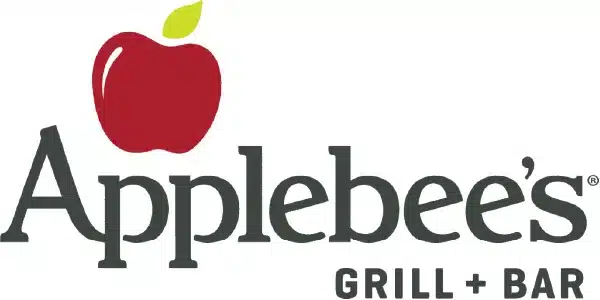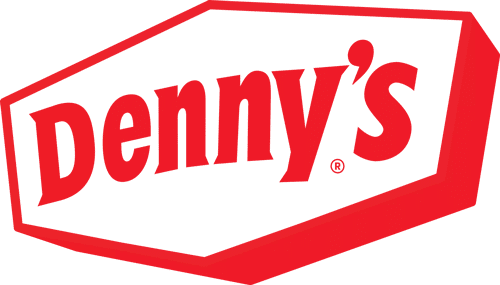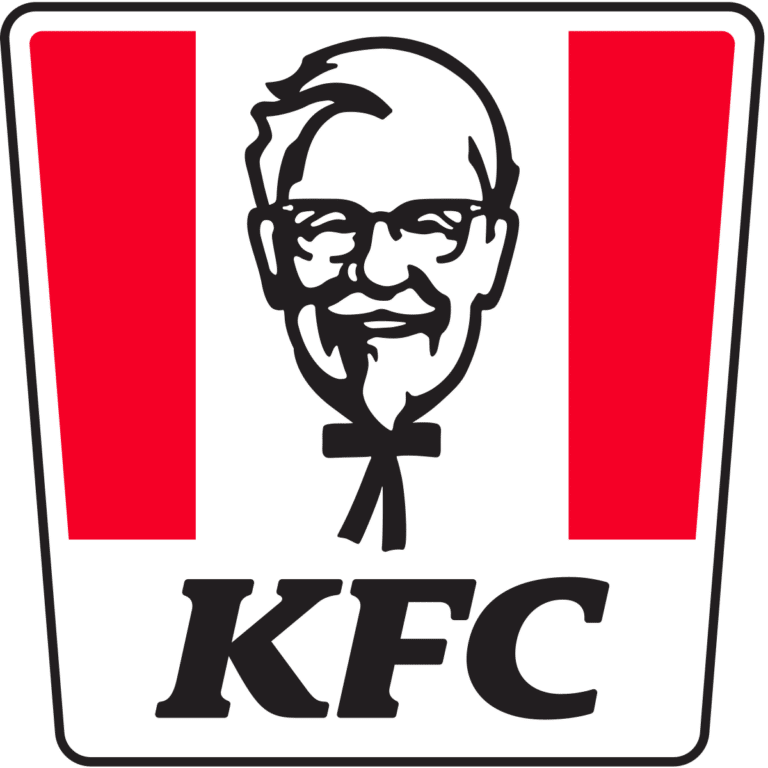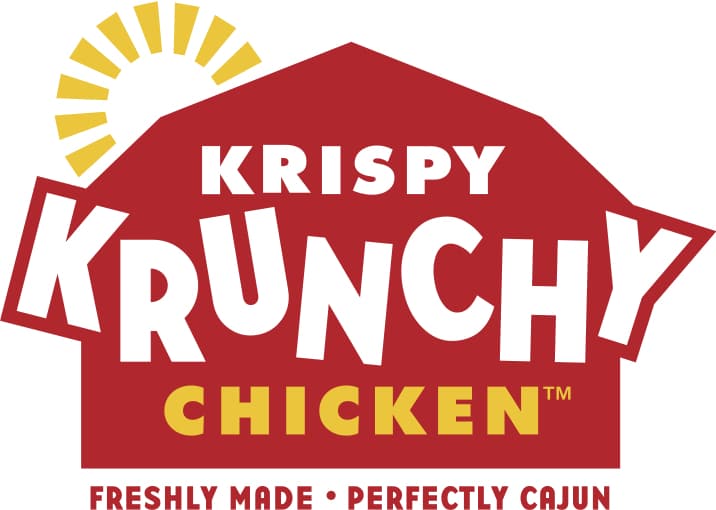
“The only way I knew if oil was being correctly filtered and changed out was by visiting one of our restaurants to see the fryers in person,” said Mike Dole, director of operations for Trinity Corp. “But routinely visiting restaurants just wasn’t practical given how many restaurants we have and because some of them are hours apart.”

“At all of our Burger King restaurants, we pride ourselves on delivering a good customer experience,” Dole said. “A lot goes into that, from having good employees who provide exceptional customer service, to serving consistently good food. There’s no question that these automated systems have helped us improve the quality of our food, and that’s helped bring in both repeat guests and new guests to our restaurants.”

